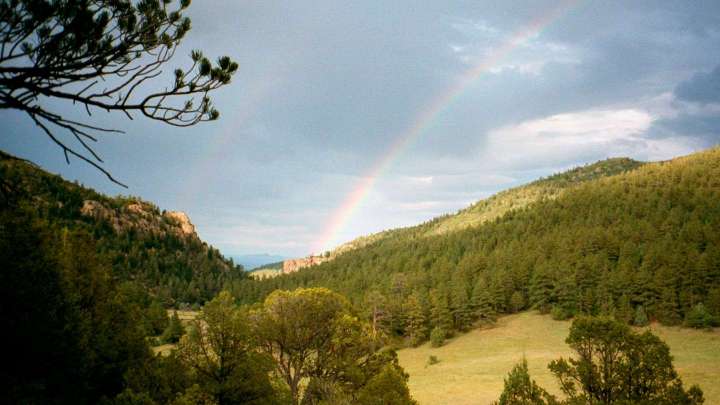Tom Condon, a former Hartford Courant columnist and editorial writer, writes online about Connecticut urban and regional affairs for the CT Mirror.
Many Boy Scout camps are up for sale. The government should buy them.

The Boy Scouts of America organization is, as the cops say, jammed up. The BSA is in federal bankruptcy court in Delaware, where this past week it gained approval for a $2.46 billion plan to settle more than 82,000 claims of child sexual abuse spanning decades.
The BSA’s approximately 250 local councils will be on the hook for more than $500 million in cash or land, which is why many of them have sold, or announced they are selling, their camps.
Many of these camps are almost pristine, ecologically valuable parcels, with waterfront and forested land. While local governments and nonprofits are trying to save some of the camps, others are being sold and converted to other uses, including a gated community, a water park, a gravel mine and an off-road driving facility.
The federal government needs to step in. This is the moment when these lands will be saved or lost.
BSA campgrounds were being sold even before the sexual-abuse scandal sent the organization into Chapter 11. The BSA has been losing membership for decades, from more than 4 million in the 1970s to less than 800,000 today.
The decline has left the Boy Scouts with more properties than they need. My own Boy Scout camp, Camp Wakenah, on an exquisite 32-acre lakefront site in rural Connecticut, was sold two decades ago and is now a multimillion-dollar residence that offers, among other amenities, an elevator to the wine cellar. Some might view that as an upgrade from a dirt path to the outhouse; I do not.
The BSA bankruptcy and looming settlement only hastened the pace of camp divestment. In July, New York magazine called it “The Great Boy Scouts Land Sell-Off.”
Evidence in the bankruptcy case indicated that local councils own as many as 2,000 camps worth $8 billion to $10 billion, an attorney representing 12,000 claimants told the Associated Press in June. The councils control 35,000 acres in New York state alone, a larger footprint than that of Disney World in Florida, New York magazine noted.
Keeping Scout properties as open space can be a challenge. Consider the Deer Lake Scout Reservation, in Killingworth, Conn., not far from my old camp. A year ago, the BSA’s Connecticut Yankee Council announced it was selling the wooded, 255-acre site.
The Trust for Public Land, a nonprofit that has preserved thousands of acres in the state, appraised the property and bid $2.4 million. A real estate developer nearly doubled that amount, offering $4.6 million.
But then, this summer, a nonprofit called Pathfinders, which for years had been running summer camping programs at Deer Lake under a lease arrangement with the Boy Scouts, stretched itself to the limit and came up with $4.75 million in contributions and loans to top the developer’s bid. The closing is scheduled for Thursday.
The nonprofit plans to maintain its camping program and keep the property, popular with hikers and birders, as open space.
Deer Lake is the kind of property that should be kept undeveloped. It’s heavily forested, with a mile-long lake and exotic rock formations. It is part of a broader greenway that includes a 17,000-acre state forest.
Small fragments of forests — topographical measles — aren’t of much environmental help, but large deep forests are. The benefits from deep woods include helping to clean air and water, store carbon in plants and soil, foster biodiversity and protect communities from flooding.
The Agriculture Department reports that the United States loses approximately 6,000 acres of open space — including “forests, grasslands, and other natural areas” — every day. Deer Lake nearly fell into that category.
It shouldn’t take a nonprofit’s last-minute rescue to save Boy Scout campgrounds from development when they come onto the market. There is plenty of precedent for government involvement in land preservation.
When Deer Lake appeared on the verge of being sold to a developer, Sen. Richard Blumenthal (D-Conn.) began looking into the use of money from the National Park Service’s Land and Water Conservation Fund to aid with the purchase of Deer Lake and other BSA properties on the market nationwide. That might be a useful strategy, but the Inflation Reduction Act’s funding for conservation and efforts to combat climate change seems especially suitable for this purpose.
No matter how it’s accomplished, many of these Boy Scouts properties should be saved, for ecological, recreational and aesthetic reasons — and, who knows, maybe one day they’ll be needed to serve as campgrounds again. Once they’re gone, it’s pretty much an elevator to the wine cellar.






